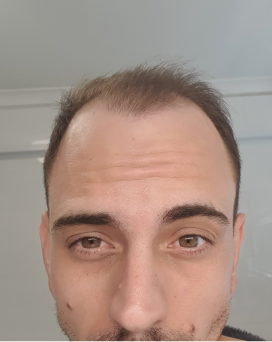
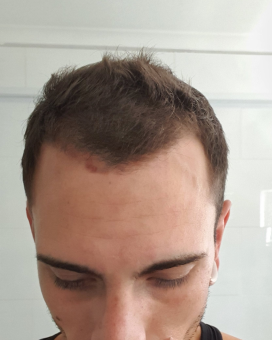

Hair loss can occur for many different reasons, including genetics, age, hormonal changes, and more. It can affect people of any age and gender and may be temporary or permanent.
Even though hair loss can be distressing, it’s rarely a serious medical concern, and medication for hair loss can often effectively treat it.
To learn more about how to treat hair loss and go about hair restoration, reach out to Mosh. We’ll connect you with health practitioners who can answer any questions you have on the topic. If a diagnosis is reached, our doctors may also offer treatments for the causes of your hair loss so you can go back to enjoying a fuller head of hair.
Mosh your way to a fuller head of hair in months with clinically backed hair loss solutions.
One of the most commonly prescribed treatments for hair loss is Minoxidil, a topical solution that promotes hair growth and is often recommended by doctors as part of a comprehensive hair restoration plan. You can learn more about Minoxidil in Australia here.
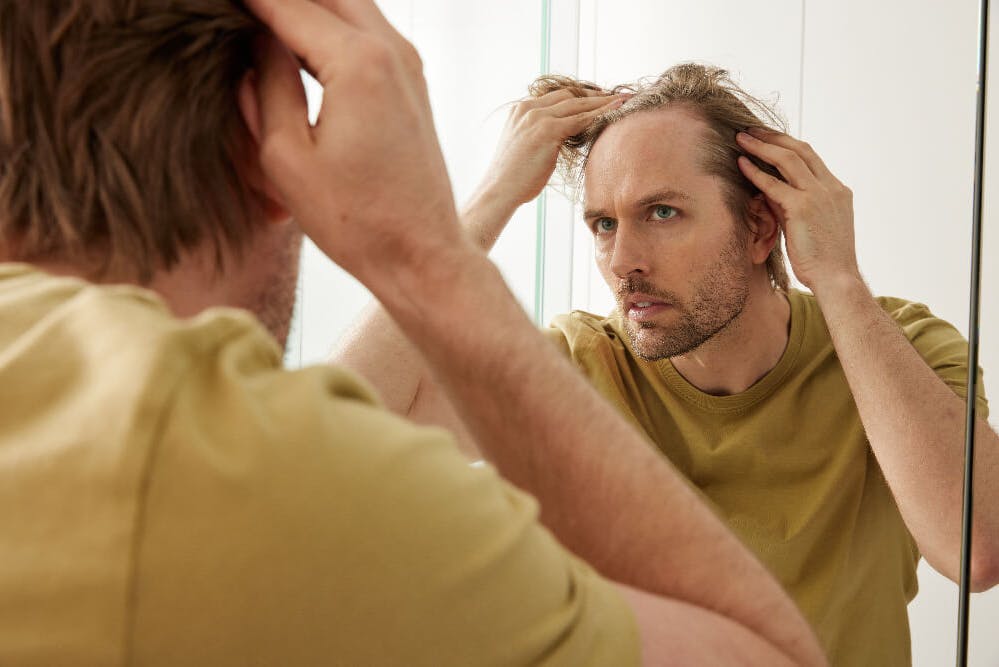
There are many potential causes of hair loss,[1] and they can vary depending on the individual. Some common causes of hair loss include:
Our team of health practitioners specialises in men’s health and has consulted with thousands of Australian men on issues related to hair loss, sexual health, and skincare. Mosh practitioners are registered with the Australian Health Practitioner Regulation Agency (AHPRA) and have a strong interest in providing high-quality care to men in Australia.
If you are experiencing excessive hair loss, it is important to see a doctor to determine the cause and discuss potential treatment options, such as medication for hair loss. Whether you’re experiencing a receding, thinning, or balding hairline, your Mosh health practitioner can look into your situation and provide possible solutions that nourish hair and energise the scalp.
Upon your initial consultation, you and your practitioner can discuss the best course of action for you. If they see that medication or treatment is suitable for you, your health practitioner can tailor a plan according to your specific needs, which may include a hair starter kit with essential products that support healthy hair. However, if you find that you aren’t ready for a treatment plan or medication for hair loss, you can easily make a different arrangement or find a solution that fits you.
There are several remedies that people commonly use to try to help with thinning hair.
One of the most popular remedies is using hair products for hair regrowth, such as shampoos and conditioners that are specifically designed to promote hair growth. Another common remedy for thinning hair is to use hair lotions and tonics; some people also use scalp massages to help improve blood circulation to the scalp.
In addition, some people may try natural remedies, such as herbal teas and supplements, to help with thinning hair. However, it is important to keep in mind that the effectiveness of these remedies may vary depending on the individual and the cause of their hair loss.[5]
If you want to consult regarding your hair loss so you can take a clinically-backed approach to hair loss treatments, consider Mosh.
All you need to do to get started is fill out a quick questionnaire with your basic personal information and detail your hair loss concerns. Afterwards, you can expect a response from your health practitioner within twenty-four hours with a personalised treatment plan if it is deemed necessary for your situation.
Should you have any questions about your treatment plan or any advice given to you, you may contact your health practitioner via text, phone call, or video chat. You can ask them about hair loss-related topics like which vitamin deficiency causes hair loss.
If you’re prescribed any medication or you want to purchase any hair supplements, shampoo, or conditioner, you can place your orders on the Mosh website. Any orders that are placed will be delivered discreetly to your doorstep within a few days of payment, and refills will also be provided as needed.
Hair loss is a common problem that can have many different causes and may be treated effectively. Mosh offers a range of solutions for hair loss, including medication, depending on what your health practitioner determines is suitable for you.
Reach out to Mosh today via email, our support form, live chat, or phone call. This way, we can ensure that your personal queries can be answered effectively. Our team is experienced in men’s health topics, from weight loss and hair loss to sexual and mental health.
Join Mosh today!


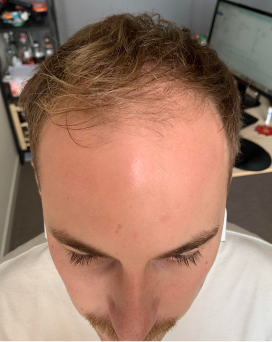
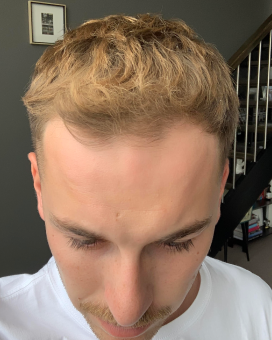
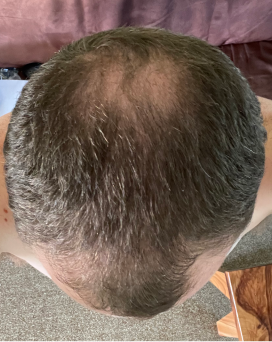
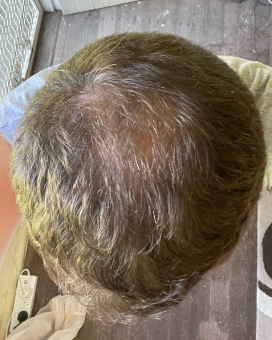
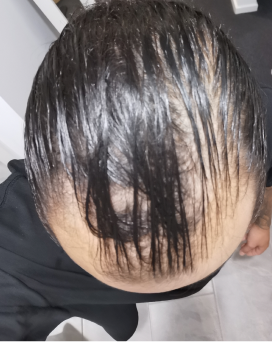
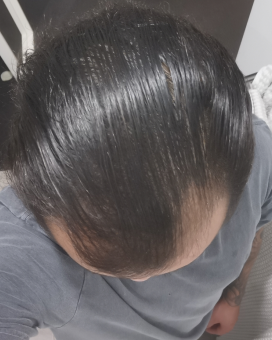
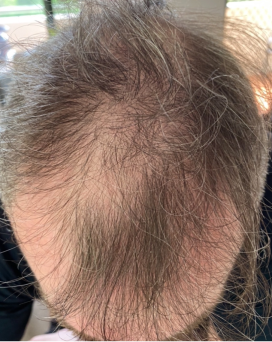
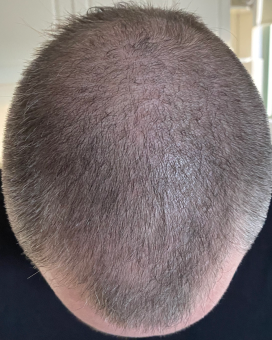
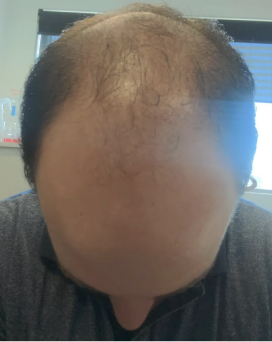
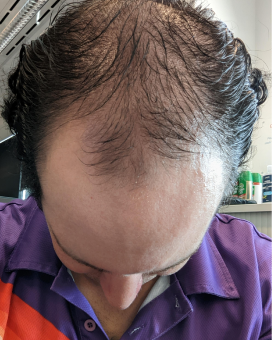
Ready to Treat Hair Loss?